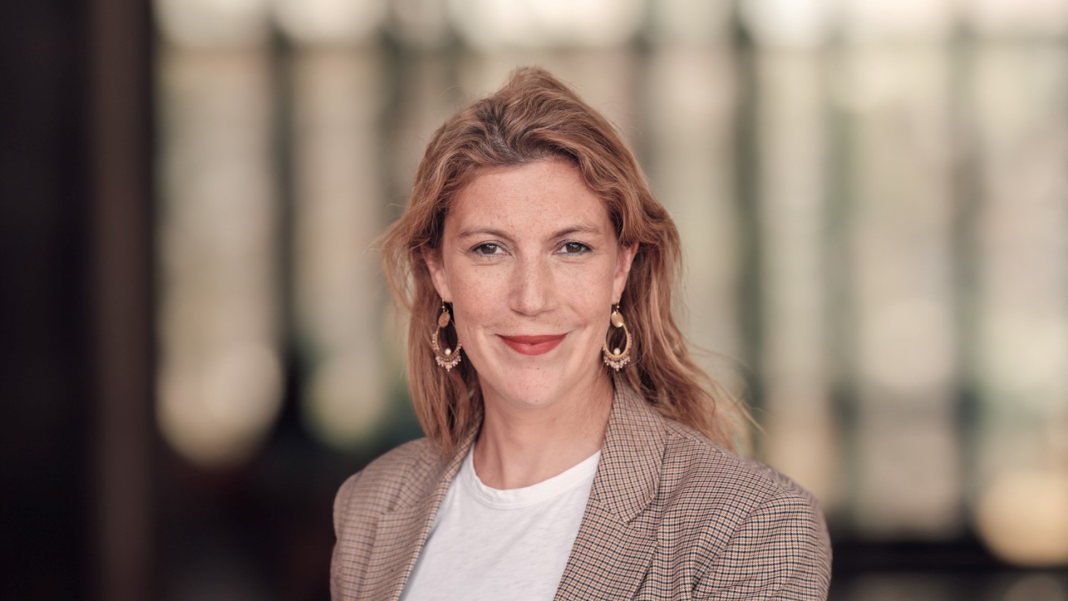This Roman proverb is no longer a relic — it is fast becoming a European doctrine. As the continent rethinks its strategic autonomy, a key dilemma emerges: must the return of defence come at the expense of sustainability? We must resist this false choice.
Climate and conflict are converging. Extreme weather, water scarcity, and collapsing ecosystems are no longer environmental concerns alone, they shape migration, resource competition, and global stability. In the coming decades, the most strategic assets may not only be tanks or satellites, but resilient supply chains, critical minerals, and climate-proof infrastructure.
“On tomorrow’s battlefield, energy resilience will shape strategic outcomes”
Tomorrow’s wars will be climate wars. They will be fought over water, food, and the ability to survive in collapsing ecosystems. Climate change won’t just disrupt the balance of power it will redraw the very map on which power plays out.
Europe’s security and prosperity depend on reducing structural vulnerabilities, including in energy and industrial supply. Relying on fragile or external sources in a volatile world creates exposure we can no longer afford.
Military decarbonisation isn’t about solar panels on barracks. It’s about logistics, autonomy, and operational survivability. On tomorrow’s battlefield, energy resilience will shape strategic outcomes.
The EU’s ReArm plan calls for €800 billion by 2030. Meeting Europe’s climate targets requires €477 billion annually. These agendas must converge. Renewable energy secures autonomy. Digitalisation supports both sustainability and defence. What looks like a trade- off is, in reality, an opportunity for integrated resilience.
Yes, we must prioritise security. But if climate action is sidelined, the result could be deeper instability over time. Instead of framing defence and decarbonisation as competing priorities, Europe could benefit from approaching them as mutually reinforcing pillars essential to long-term sovereignty in a world shaped by energy, data, and environmental shifts.
True strategic strength lies in the ability to defend without depending.
Learning to protect oneself is the first form of resilience and self-sufficiency. It’s what allows us to protect others, to build sovereignty, reduce vulnerability, and foster stability.
Being self-sufficient is not an ideal or a nice-to-have. It’s a strategic condition for peace, for independence, and for long-term security. For the next generation, sustainability must mean building a viable, inclusive and resilient future not simply managing decline or postponing responsibility.
Sustainability is not the enemy of security, it is its future frontier. And perhaps it’s time to ask: should sustainable investment portfolios exclude the very industries that ensure peace?
This article reflects the personal views of the author and not those of any organisation or employer.
This articles was published in the 6th edition of Forbes Luxembourg.
Read more articles:
Luxembourg: M&A Activity Accelerates

